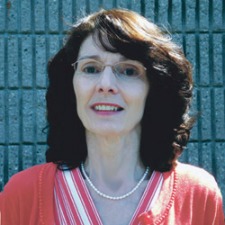
My father served in the South Pacific during World War II. My father-in-law was in the European theater. Both are now gone, and I wish I knew more about their service.
My dad never talked about his time in the Navy – he was just 17 when he joined, his high school diploma mailed to his ship. My mom and I found a book about the ship he served on among some old papers when cleaning out a file not long ago. That told me more than I really knew about his time at war. The only thing I knew for sure was that you never woke Daddy from a sound sleep. He always came up swinging, a throwback to a fear of being attacked by the enemy when the sailors slept on beaches from time to time.
My father-in-law had told stories to his family about his time in the war, and we have memorabilia from his service, which my sister-in-law put into a wonderful shadowbox. But nothing about his experiences was ever written down.
How I wish I had asked my dad more questions about his time in the Navy. How I wish we had thought to record some of my father-in-law’s memories of his time in battle.
How I wish I had known about the Veterans History project earlier. Looking back, it would have been an honor to be responsible for recording their stories and have them preserved.
Veterans History Project Executive Director Monica Mohindra said my collective family’s experiences were not unusual. Great stories that could help us all understand America’s collective military service experience slip away a bit every day.
With between 19 and 21 billion living United States veterans with us today, Mohindra said “it is incumbent on us who have veterans in our lives and communities to help them compile their experiences.”
And she said the project’s concept of who is a veteran is changing. Beyond the traditional definition of a veteran – a man or woman who served in combat – the project is now also looking for the stories of uniformed public health officers and people who served in disaster zones as well.
“We need to re-tune what U.S. [military] service is, and therefore, who a veteran is,” Mohindra said. “A real important message we want to share is that their service and their experience adds to the total legacy.”
She stressed that these stories are not only utilized by researchers and historians, but also by teachers hoping to provide their students a better understanding of America’s involvement in combat, police actions and disasters.
If you know a veteran who has a story to share, please check out the links to the Veterans History Project – and the experiences of two local women who helped preserve the stories of family veterans – in this month’s feature story on page 8. America’s future generations need – and want – their stories.
As always, thanks for reading,

Debbie Gardner
dgardner@thereminder.com